#russia
Text


#republicans#maga republicans#russia#gop#gop traitors#republican party#donald trump#the traitors#america#ronald reagan#ghw bush#john mccain#vote biden#vote blue#what have we become#biden 2024
428 notes
·
View notes
Text


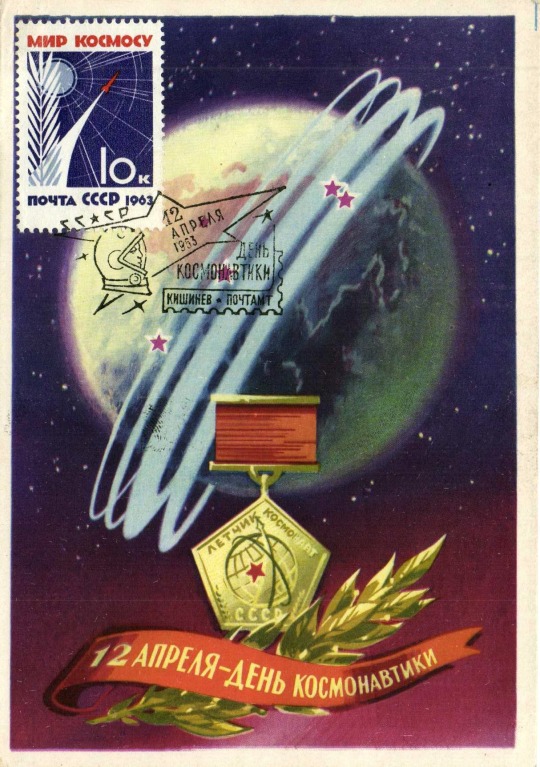
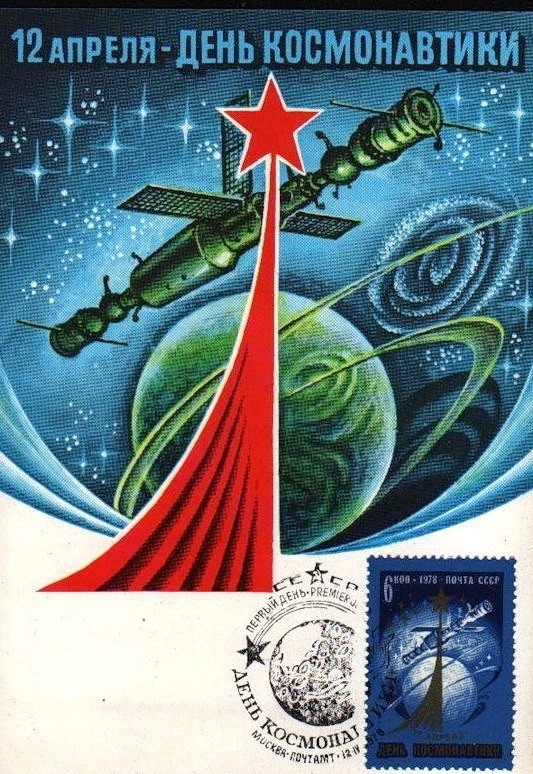

Soviet Cosmonautics Day postcards with premier jour (first day) cancels
#postcards#april 12 (cosmonautics day)#cosmonauts#yuri gagarin#space#space history#vintage#ussr#soviet#russia#60s#70s#80s
246 notes
·
View notes
Note
You've been inactive for a while. I hope you're okay
Hi, I hope I didn't cause too much worry with my inactivity. I am alive, but I don't think I'll be posting on tumblr anymore.
This blog began with the intention of making the ukrainian perspective on war in Ukraine visible for the foreign audience, and with most of the interaction coming from other Ukrainians, I feel like I'm in an echo chamber.
Not to dissmiss the foreigners who still care - rest assured, your support is seen, appreciated and much needed.
But the majority of people on this website are actively hostile, condescending and dissmissive towards Ukrainians, and my time is better spent elsewhere than arguing with privileged teenagers who think the peak tragedy of the war in Ukraine is that "russian culture is being destroyed" (reality check: russian artists are thriving in Europe on foreign grants, while ukrainian artists and art are being destroyed every day, together with everything we have).
If anyone still cares, please donate to any trustworthy initiative (if you don't know any, United24, BackAndAlive, Serhiy Prytula Foundation and Hospitaliers are always sound choices). The word "desperate" fails to describe the atmosphere right now. We feel like we are left to die.
400 notes
·
View notes
Text
‼️ As a result of the Russian missile attack on Chernihiv, 10 people were killed and another 20 were injured.
There may still be people under the rubble. Rescue operation continues
UPD: The number of people killed as a result of the Russian missile attack increased to 11, and another 22 people were injured
UPD2: More than 50 people have already been injured in Chernihiv as a result of the Russian terrorist attack, among them are children
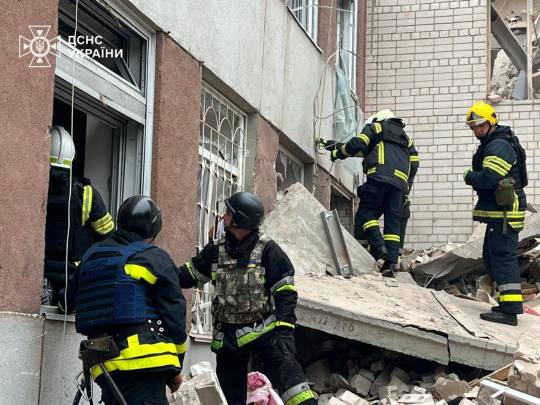
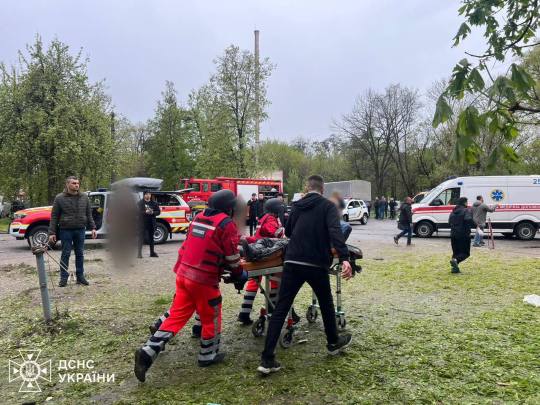
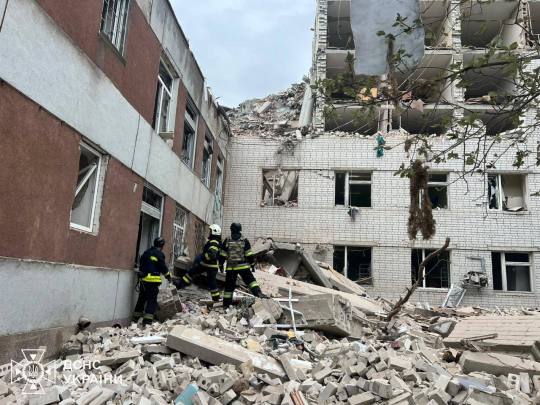
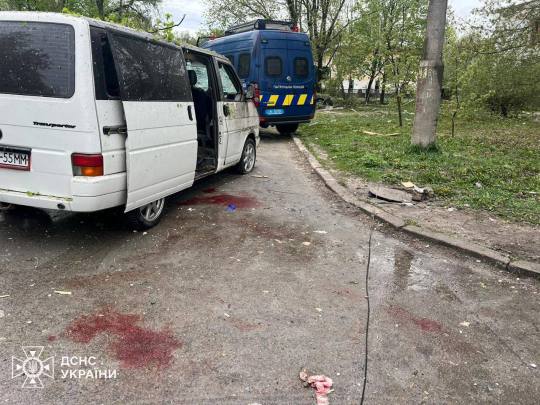
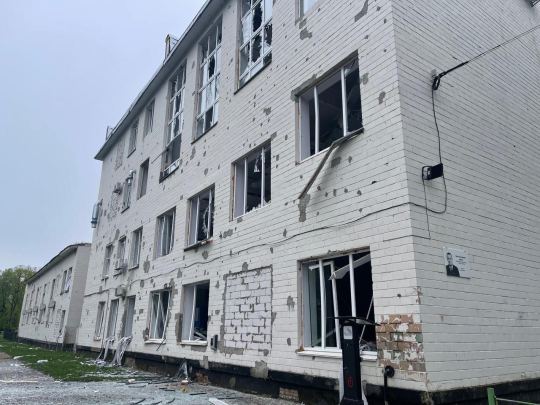
#ukraine#russia is a terrorist state#russia invades ukraine#russian war crimes#russia ukraine war#russian invasion#russian agression#russian terrorism#russia must burn#fuck russia#russia
197 notes
·
View notes
Text
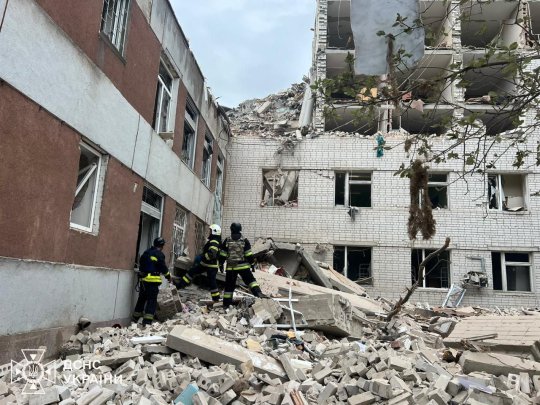

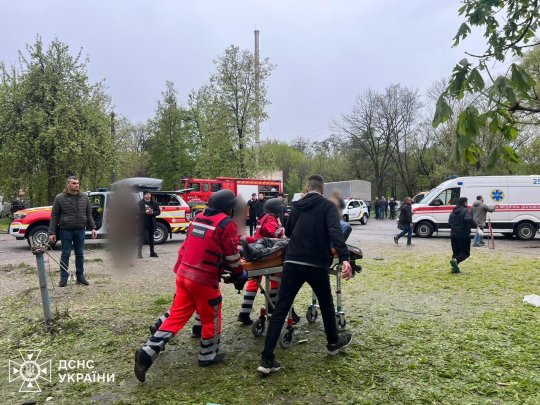
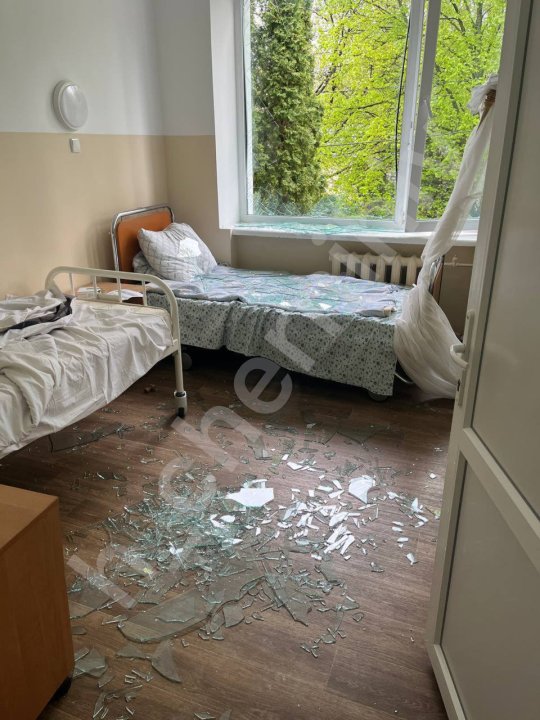
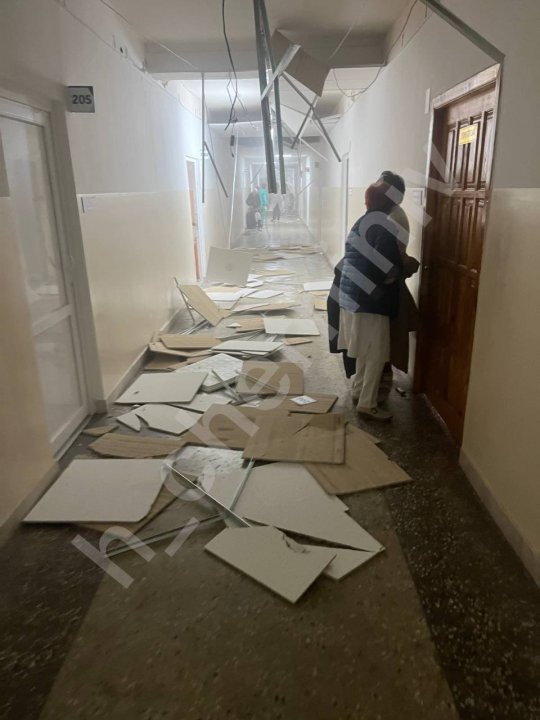
Chernihiv, Ukraine today after russian attack. At least 14 dead, 61 injured. They know we're out of air defence, so attacks like these are going to happen even more often. Ukraine urgently needs more Patriot systems. Call your representatives!
#ukraine#russia#russia is a terrorist state#genocide#fuck russia#stand with ukraine#support ukraine#genocide of ukrainians#russian war crimes#chernihiv
135 notes
·
View notes
Text
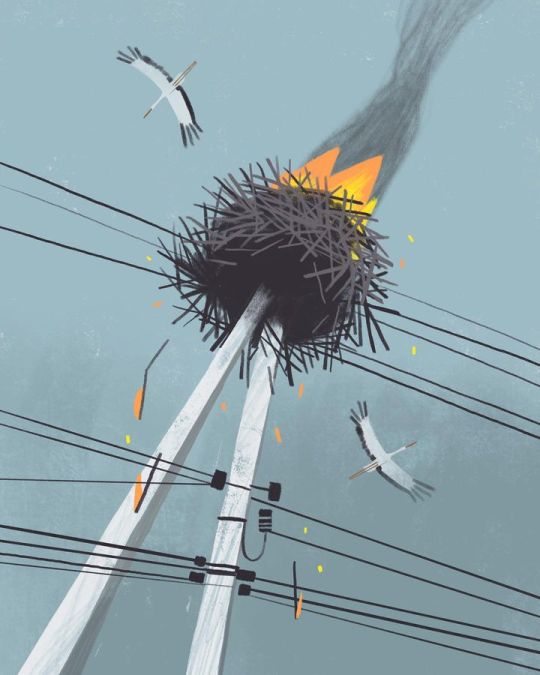
The war continues. russia is destroying our homes (c) @ shat.art88
#ukraine#украина#україна#russia#россия#росія#putin#путин#путін#война#war#art#illustration#війна#арт#ілюстрація#иллюстрация
92 notes
·
View notes
Text
We must start to hold people and nations to account. Nations who "stand with Palestine" yet have a history of antisemitism and Jew hate.
Spain, Portugal, and Ireland are very good examples of this.
Spain and Portugal expelled their Jews, and forced other Jews to either convert or die. These policies wouldn't be relaxed until the 1800s.
Ireland had pogroms, and the nationalist party Sinn Fein had newspapers who accused Jews many antisemitic stereotypes.
By far the biggest one however is Russia. Russia not only has ties to Hamas and the IRGC, but has a deep antisemitic history. Pogroms, the pale of settlement, the cantonist system, the black hundreds, antisemitic legislation etc.
There are several other nations who haven't owned up to their antisemitic past, and still don't support Israel's right to exist as a nation and the home of the Jewish people.
Sorry if this hurts your feelings, but it has to be said. There's a clear pattern between nations who support Israel and owned up to their past, and those who don't and haven't owned up.
#israel#i stand with israel#jumblr#palestinian hypocrisy#antisemitism#am yisrael chai#ireland#spain#portugal#antisemitic history#russia
99 notes
·
View notes
Text
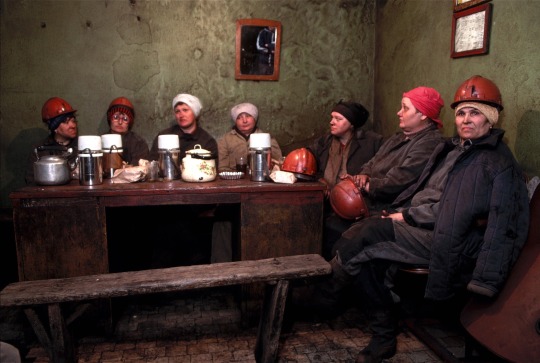
Siberian miners in Novokuznetsk, Russia, 1991 - by Peter Turnley (1955), American
72 notes
·
View notes
Text

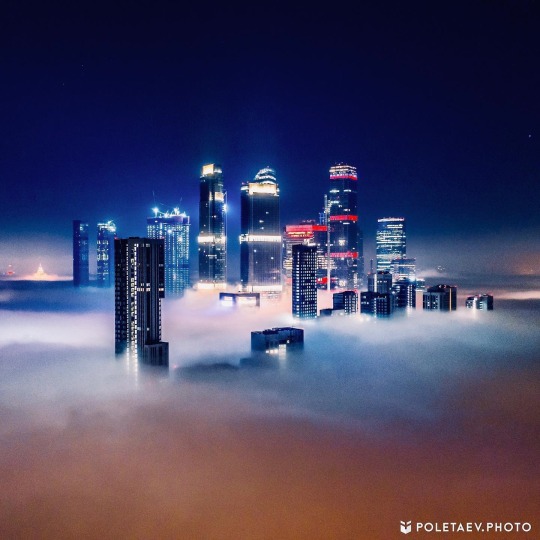
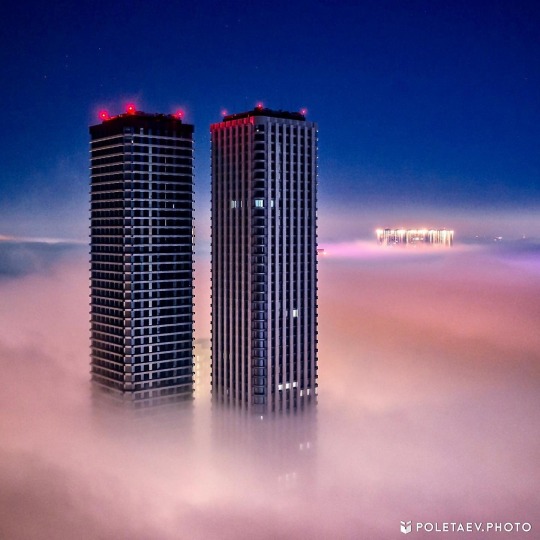
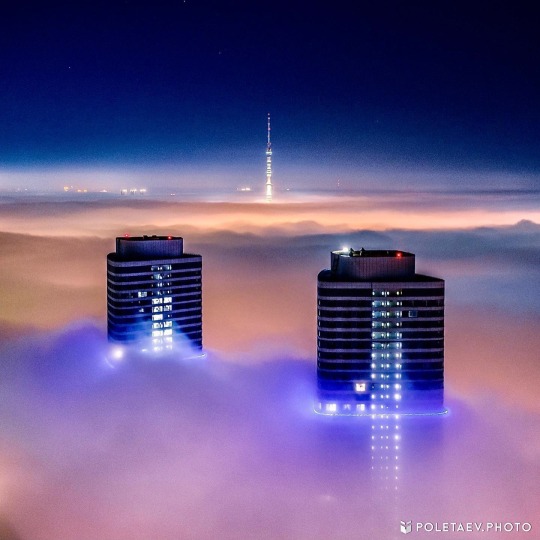
Moscow, November 2021 | Ph: poletaev.photo
74 notes
·
View notes
Text


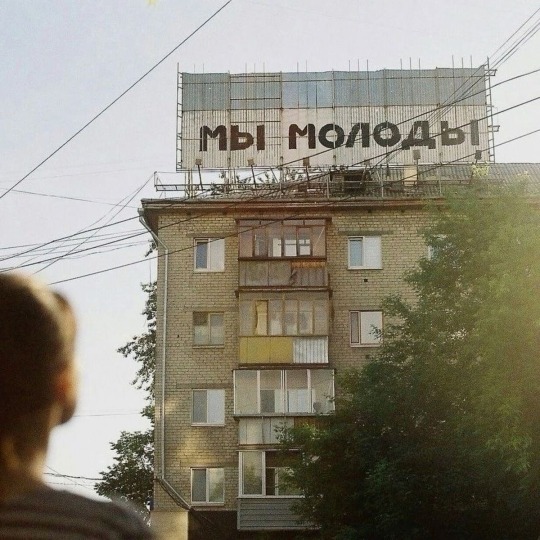
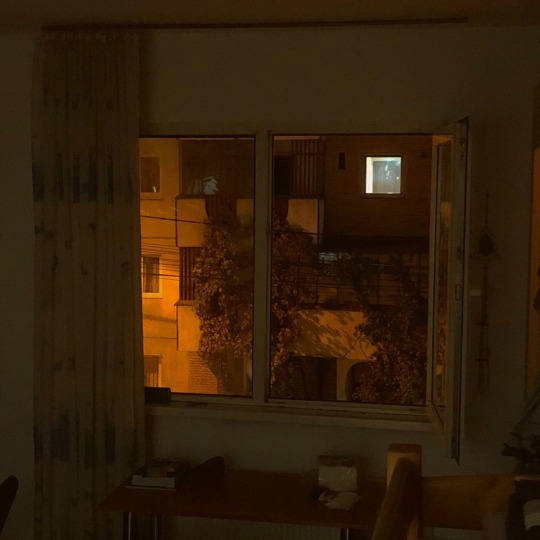
“Соврать по-своему – ведь это почти лучше, чем правда по одному по-чужому; в первом случае ты человек, а во втором ты только что птица!”
-Фёдор Достоевский, Преступление и наказание.
Translation:
“Lying in your own way is almost better than telling the truth in someone else’s way; in the first case you are a man, and in the second you are just a bird!”
-Fyodor Dostoevsky, Crime and Punishment.
#academia#chaotic academia#classic academia#dark academia#literature#aesthetic#english literature#college#russian literature quote#russian literature#russia#russian#fyodor dostoyevsky x reader#Достоевский#fyodor dostoyevsky fanart#fyodor dostoyesky#dostoyevski#fyodor dostoevsky#dostoevksy#green academia#academia aesthetic#light academia#academics#romantic academia#chaotic academic aesthetic#dark acadamia aesthetic#dark acamedia#crime and punishment#language#university
69 notes
·
View notes
Text

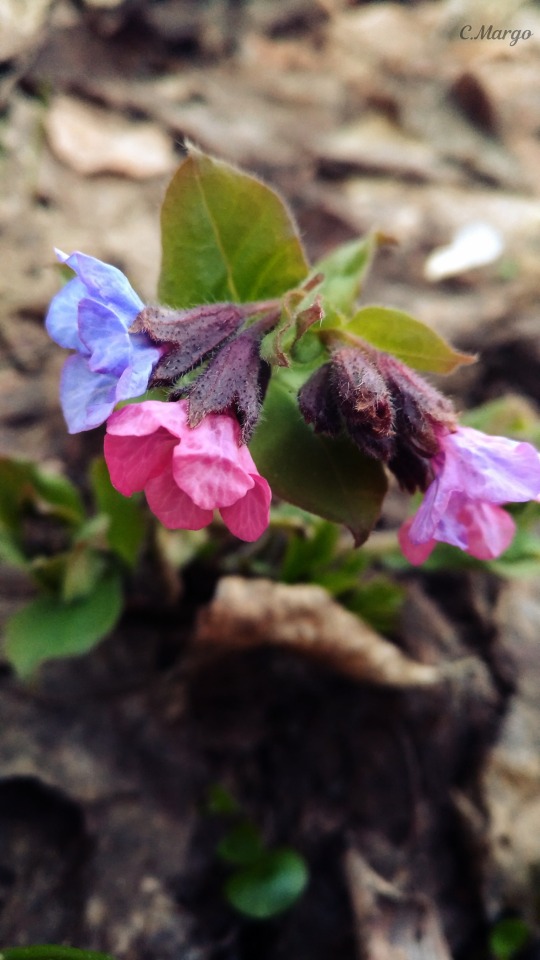
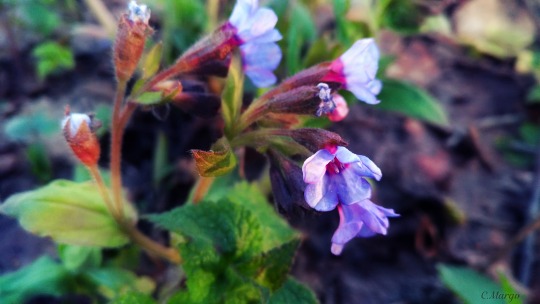


Медуница мягкая (лат.Pulmonaria mollis).Апрель 24. Lungwort (lat.Pulmonaria mollis).April 24.
#россия#русский tumblr#весна#весенние цветы#цветы#первоцветы#медуница#природа#загородом#макро#мои фото#russia#nature photography#spring#nature#spring flowers#nature photopragpy#flower aesthetic#macro photography#my photos#original photography#photographers on tumblr
64 notes
·
View notes
Text
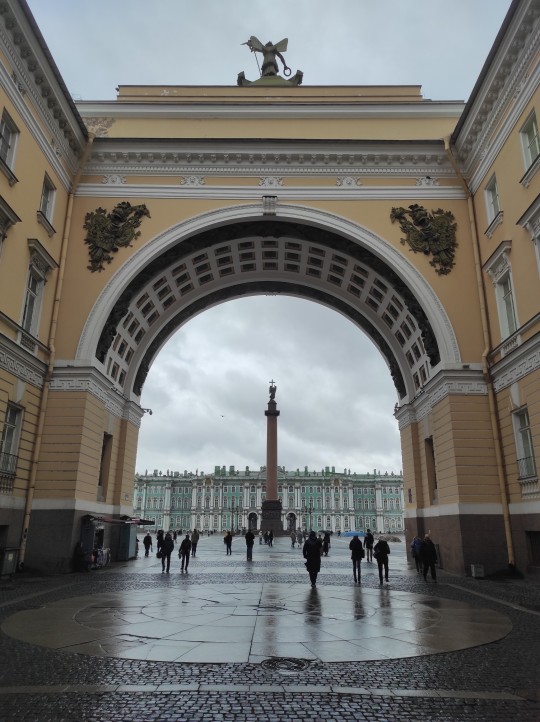

Saint Petersburg in its wet, steel grey glory
168 notes
·
View notes
Text
#libra#russia#frases de libros#paola skye#Maggie stiefvater#bsd manga#joselyn cano#arthur morgan#lindsay lohan#skate#marc spector
128 notes
·
View notes
Text
Russian tank in Ukraine spotted with improvised armor.
This war is something fucking else.
61 notes
·
View notes
Text
I'm so numb and exhausted. Our "allies" abandoning us means even more deaths, even more destruction. Today I was walking home and thinking how much I love my city, my country, people around me, but we can't catch missiles with our bare hands, we need air defence, we need weapons. The only thing that keeps me going is the fact that we owe persistence to the people who died. We owe them to keep going. We owe our defenders, they can't just give up because they feel like it. My level of tiredness isn't even 1% of the one our defenders, first responders and volunteers feel. Call your representatives, ask for air defence for Ukraine. We need it to survive.
#Ukraine#russia#russia is a terrorist state#genocide#fuck russia#stand with ukraine#support ukraine#genocide of ukrainians#russian war crimes#news#world news#important
105 notes
·
View notes
Text

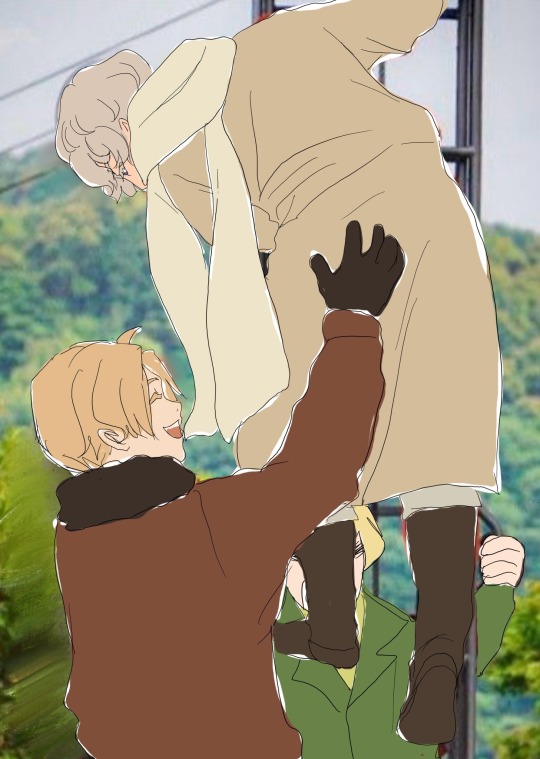
HAH
I didn’t even try doing it normal but don’t think it’s necessary here
I'm out if this quick crooked sketch will go viral and my art with nyo amerus won’t
#hetalia russia#aph hetalia#hetalia#ivan braginsky#aph russia#amerus#hetalia america#america#alfred f jones#rusame#russia#arthur kirkland
60 notes
·
View notes